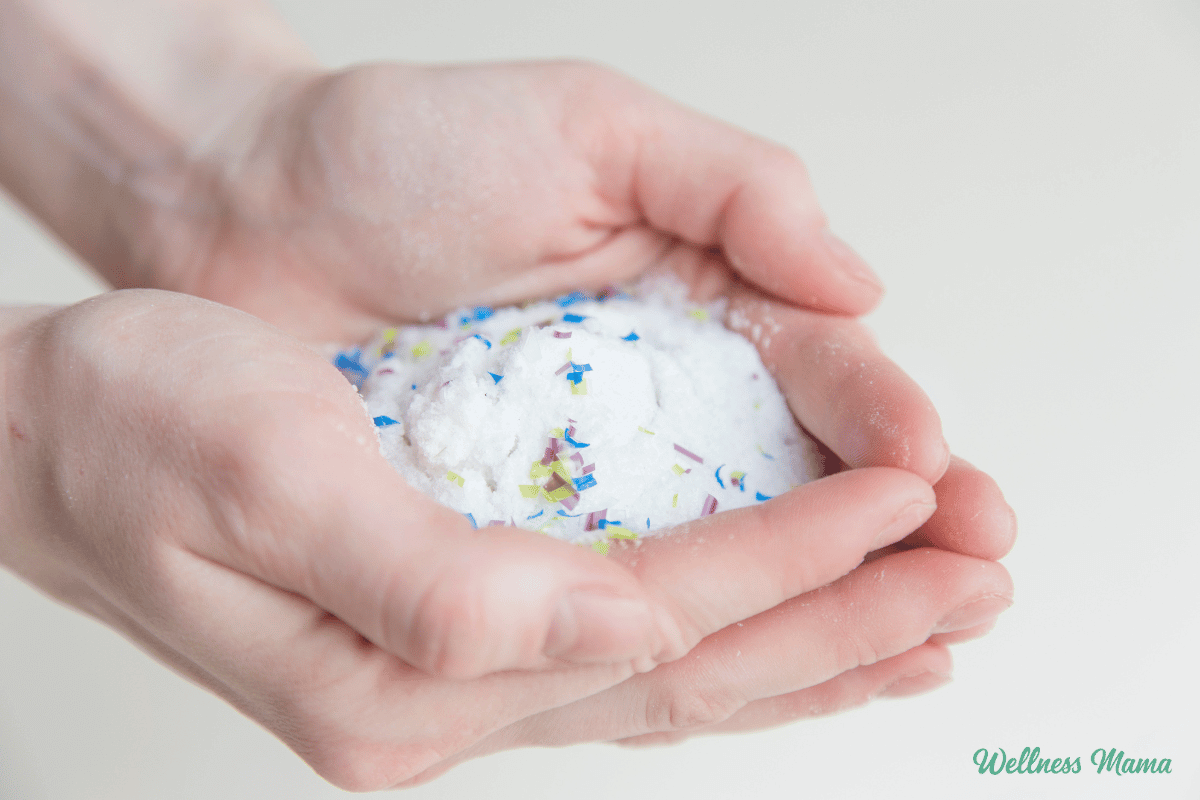I’m sure you’ve often heard me highlight the significance of remineralizing teeth. However, many might overlook the crucial role that saliva plays in this process. So, what exactly is saliva, and what are its functions?
Things like the aroma of beloved dishes, inadvertently biting your cheek, and eating are some triggers for saliva production. Saliva is much more than just moisture in our mouths. Although it mostly comprises water, it is rich in essential minerals and proteins when it’s in a healthy state.
Saliva tests are tools doctors use to measure candida, cortisol from stress, and various health indicators. Among its most vital roles is maintaining oral health and fortifying dental enamel.
The Role of Saliva in Oral Health
Simply put: Saliva is the mechanism for teeth remineralization!
Practically, as saliva flows over teeth, it facilitates remineralization. When saliva lacks adequate nutrients, it cannot deliver the necessary minerals for the teeth’s optimal strength. Appropriate nutrition ensures that saliva contains these minerals, vital for remineralizing teeth.
The necessity of ample saliva to thwart tooth decay is well-acknowledged. Various theories exist concerning the origins of tooth decay:
- Decay arises from acids produced by bacteria that digest sugars in the mouth, or
- Decay is due to an imbalance between enamel surface demineralization and the repair process through mineral ion uptake, as explored by Rami Nagel in his book, Cure Tooth Decay.
Regardless of the theory’s accuracy, saliva remains key. Stimulating saliva often, especially post sugar consumption, helps dilute and neutralize plaque acids. This action brings additional mineral ions into the fluid around teeth, fostering remineralization.
Saliva is more than just a lubricant for our mouths; it helps balance pH levels, combats harmful bacteria with its antimicrobial aspects, and cleans gums. Understanding and enhancing saliva’s functions can naturally lead to improved oral health. Activities like staying hydrated, managing stress, and adhering to a balanced diet are integral for maintaining healthy saliva.
Saliva’s Battle Against Harmful Bacteria
Research indicates a clear correlation between decreased saliva production with age and heightened gum disease risk. Saliva is teeming with vital substances essential to our immune defense.
For instance, lactoferrin, found naturally in saliva, is a component of our innate immune system, crucial for defense. It binds iron in the mouth, which stifles gum-damaging bacteria by depriving them of needed nutrients.
Furthermore, saliva is rich in vital enzymes. One early recognized salivary enzyme was lysozyme, which destabilizes bacterial cell walls, countering tooth decay and gum disease.
Saliva and Mouth pH Balance
Maintaining a balanced ecology in the mouth is essential for oral health, encompassing the right bacterial environment, adequate minerals, and balanced pH levels. The most efficient path to maintaining a healthy mouth pH involves supporting the immune system through a nutrient-rich diet, sound sleep, and stress reduction, with saliva also having a pivotal role.
Influences on Saliva Production
Saliva is a critical element in remineralizing teeth and potentially reversing early decay stages. However, like many natural processes, it can be disrupted. Factors such as allergies, mouth breathing, certain diets, or stress can impact both saliva production volume and quality.
Certain medications and lifestyle choices can adversely affect the functionality of salivary glands.
Hormones also play a part. If the thyroid underperforms, it can lead to a more acidic oral environment, boosting cavity risks. Conversely, heightened estrogen levels may trigger cavities and gum problems. There are estrogen receptors in our mouth, gums, and salivary glands. During menopause, a drop in estrogen can result in dry mouth due to reduced saliva production.
Stress is another factor that can decrease saliva flow as it reduces blood supply to the digestive tract, teeth, and salivary glands.
Ways to Boost Saliva Production
"Use it or lose it" is applicable to saliva production. It’s essential to stimulate our saliva-producing capacity to avoid dry mouth and its associated problems.
Though we naturally produce more saliva while eating, aiding our digestion, there are other methods to enhance saliva flow. One technique, called “swashing,” may initially seem odd but is effective!
Swashing
Step 1: Accumulate any saliva present in your mouth into a pool on your tongue. Then, with your throat muscles, move the saliva to and fro over the tongue, from the back to just behind the front teeth, for 30 to 50 cycles. The more this is practiced, the more productive the salivary glands become.
Step 2: With a substantial pool of saliva, swish it over your teeth and gums. The term “swashing” refers to the swishing and washing combined effect. Continue this for a minute or two, then swallow to utilize saliva for better digestion!
This simple practice is even suitable for young children. Here’s a video explaining more.
Transition to Natural Toothpaste
Switching to natural toothpaste can promote saliva production. I’ve experienced increased saliva with remineralizing toothpaste and also with products like OraWellness Brushing Blend. Effective toothpaste supplies enamel with necessary minerals and supports a healthier mouth.
Oil Pulling and Herbal Aids
If “swashing” isn’t appealing yet, oil pulling serves as another good option to enhance saliva production. Swishing oil in the mouth reduces plaque and can boost the oral microbiome. I prefer coconut oil, though sesame oil is another traditional choice. Here’s a guide on oil pulling.
Herbal sialagogues, a term for substances increasing saliva, present another unique option. Herbs like spilanthes stimulate saliva secretion, helpful for those with persistent dry mouth. Spilanthes tincture or tea is considered generally safe but start cautiously as it’s very effective!
Reflections on Saliva
Although saliva may not be the most pleasant topic, its role in oral and overall health is undeniable. Factors such as hormones and stress can diminish saliva production, but with deliberate focus and care, encouraging healthy saliva flow is achievable.
Have you tried any of these approaches to enhance saliva flow? What has been effective for you? Share your experiences by leaving a comment!

















Leave a Reply